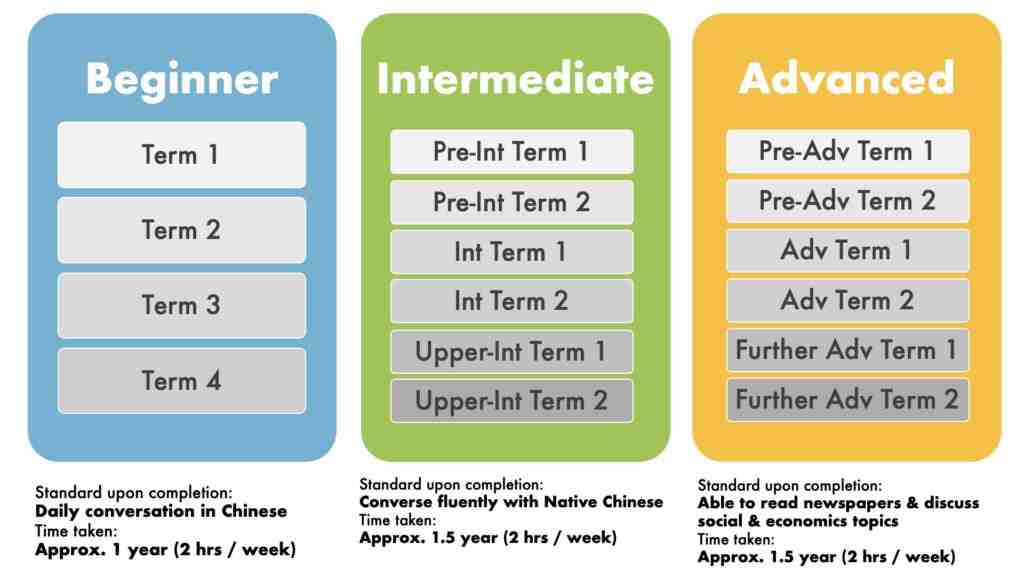Chinese and Business Culture: Bridging East and West in the Corporate World
Chinese and Business Culture: Bridging East and West in the Corporate World

How Language and Cultural Awareness Connect East and West
- Enabling Clear Communication
Language is key to good communication. Knowing some Chinese, even just a little, reduces misunderstandings and allows for a more straightforward exchange of ideas. This is especially important in negotiations or talks where accuracy and clarity matter. Expressing ideas in a way that respects cultural norms shows consideration for your partners and fosters teamwork. - Aligning Decision-Making Approaches
Western companies often make decisions based on data and direct communication, while Chinese firms may seek group input and focus on harmony. By recognizing these differences, professionals can adapt their methods to better connect with their Chinese partners. This adaptability leads to smoother processes and improved results for everyone involved. - Building Win-Win Outcomes
Cultural understanding enables professionals to create proposals and solutions that balance Western efficiency with Chinese values of long-term relationships. Identifying common goals and presenting ideas in a culturally aware manner boosts the chances of achieving success.

Steps to Connect East and West in Business
- Learn the Language for Work Situations
Knowing Mandarin is key for working with Chinese partners, but Western professionals also need to communicate clearly in English. This means avoiding idioms, slang, or casual phrases that might not be understood. On the other hand, Chinese professionals should work on their business English skills, especially for presentations, negotiations, and formal emails. - Immerse in Each Other’s Cultures
Cultural immersion benefits both sides. Western professionals can learn more about Chinese culture by traveling, attending networking events, and joining Chinese festivals or business meetings. At the same time, Chinese professionals can gain insights into Western holidays, workplace culture, and social practices. These experiences help everyone understand cultural differences better.
Connecting East and West in business takes more than just knowing how to do business; it requires a solid grasp of the Chinese language and culture. By learning these aspects, professionals can create better relationships, build trust, and succeed in the global market. Begin your journey into Chinese language and culture now to open new doors and boost your career in the changing business landscape.
Visit our contact page or message us to get started!








